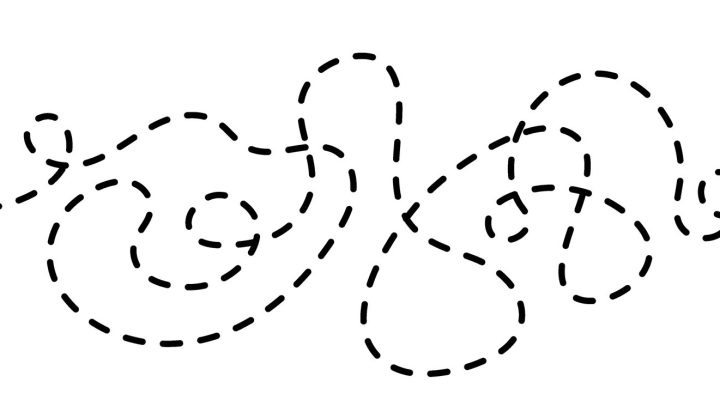Diana is a tattooed heavy metal headbanger. She and I bonded instantly over our mutual fondness for Iron Maiden. She’s somewhat of an agnostic with strong Buddhist leanings so, naturally, she is a beloved member of the Baptist church I serve.
In addition to her fondness for ink, metal and meditation, Diana also has a Ph.D. and is a professional woman.
Not long ago, Diana posted something on social media about humility. She wrote how that very morning she was reminded the only legacy most of us have is the impact we have on others — how we live in the memories of those we have helped and in the memories of those we have hurt. She said with all of our striving for advancements, yearning for recognition, working ourselves to death to be “productive” and to achieve one thing or another, we are just fooling ourselves.

Bert Montgomery
She confessed that for most of her adult life she has strived for meaning and to be “famous” for something. Diana did not say what happened that morning, other than to note that life has a way of humbling us, and that Kurt Vonnegut is right when he says we are here “to fart around.”
It was all very Ecclesiastes-like in its “Vanity! Vanity!” existentialism.
Vonnegut, considered an atheist but who referred to himself as a Christ-loving agnostic, noted how tempting it is to take advantage of all the gadgets and conveniences that go with being a famous author. Like how he could have a computer next to his bed and never even have to leave his room.
Instead, he chose to continue doing little, insignificant and mundane things himself and interacting with people some would consider “too ordinary” and “too unimportant” for such a famous author. He loved the experiences of random conversations.
Here’s how Vonnegut described a day in his life: He gets up, types on his typewriter, then marks up his pages with a pencil. He makes small talk on the phone with someone who does his professional typing for him, and he promises to send her some pages. He goes out to buy an envelope to mail the pages and interacts with the clerk. He takes the envelope with the pages in it to the Post Office where he has a slight crush on the woman behind the counter. He meets a cop and strikes up a conversation about that one time he was in the Post Office and someone picked his pocket. He mails his pages to the professional typist, and then he heads home.
According to Vonnegut, it all makes for an extraordinary day.
“I tell you,” the author once said, “we are here on earth to fart around, and don’t let anybody tell you any different.”
I don’t think the expression “fart around” is in the King James Version of the Latin Vulgate translation of the ancient biblical texts, and I’m almost certain it hasn’t yet made it into a contemporary translation (I’m working on that).
“Vonnegut’s notion of farting around is a profoundly biblical idea.”
Vonnegut’s notion of farting around is, however, a profoundly biblical idea. It certainly encapsulates the very heart of Ecclesiastes, which is that life and death have a way of humbling us and teaching us that all that matters is love. (To be fair, Ecclesiastes actually says all that matters is God, but since God is love …)
It also reminds me of a story in Luke’s Gospel, chapter 14: Jesus is an invited dinner guest at the house of an important religious leader. He notices everyone competing for social status, yearning to be recognized themselves. My friend Mike, a New Testament scholar, notes here that humility — even among the highly religious — is absent. Rather than trying to get close to “important” people who can help us advance in social standing and stroke our egos, Jesus says we’d be better off spending time with people with little or no social standing, people who don’t have anything to offer us.
It’s as if Jesus wants us to believe there is a divine, holy spark in every person; that everyone we meet is a beloved child of God, equal to us in God’s eyes, as they should be in ours.
Until we realize we’re never as important as we think we are, we will always miss out on the magical and holy moments in even the most “insignificant” encounters throughout the day. I mean, when we are always meeting Christ in another, is any encounter ever insignificant?
Kurt Vonnegut may not have used such theological language, but he clearly grasped the significance of the awesome wonder waiting for us in every moment. Perhaps we need a Vonnegut-inspired paraphrase of Ecclesiastes: “Vanity! Vanity! All is vanity! So just love God and fart around.”
Until then, I’m going to tune out preachers and listen closer to tattooed headbangers and existentialist authors.
Bert Montgomery serves as pastor at University Baptist Church in Starkville, Miss. He also teaches religion and sociology courses at Mississippi State University and has authored five books.
Related articles:
The urgency of humility for the healing of land and hearts | Opinion by Stephen Shoemaker
Spilled Cheerios and a theology of care | Opinion by Paula Mangum Sheridan


